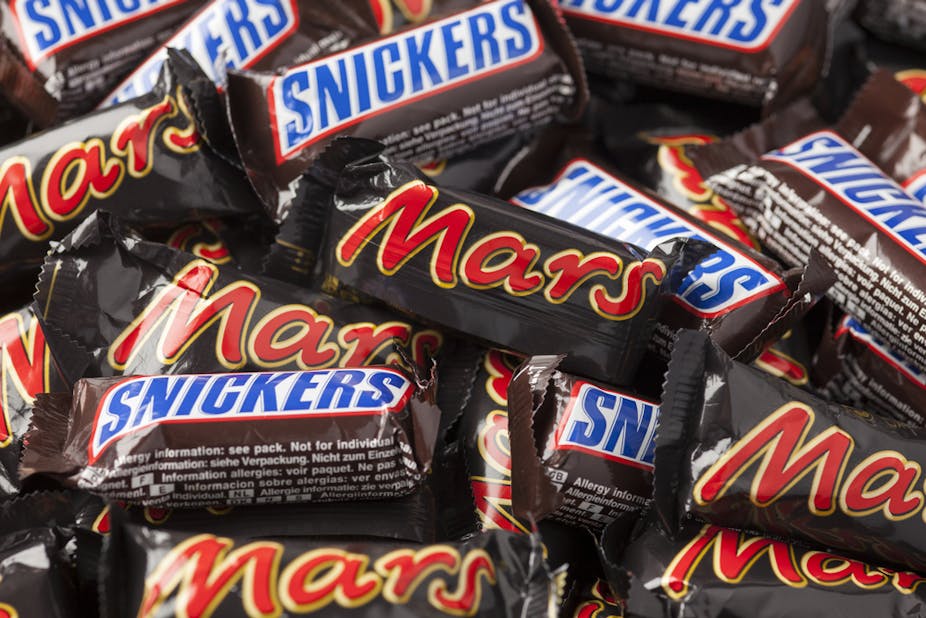Confectioner Mars has ordered a huge recall of fun size Mars, Snickers and Milky Way bars after a customer discovered a small piece of plastic in a Snickers bar in Germany. The plastic was traced back to a faulty machine in a factory in the Netherlands and the recall was made across 55 countries.
European law makes it clear that food that is unsafe should not be sold. Food will be seen as unsafe when it is contaminated with anything that is not part of the recipe – and in this case there was the risk that a consumer eating the bar might inadvertently eat a piece of plastic and choke. Where food presents a risk – no matter how small – to the health of consumers it should be removed from shop shelves and recalled from the hands of consumers. In the UK, the failure to recall where consumers’ health is at risk is a criminal offence and in the EU this varies depending on member country. However, there is an obligation to recall where consumers health is at risk in all 28 member states, but the sanctions vary.
Recall is not unusual. There have been more than 25 food recalls in the EU this year according to the EU’s Rapid Alert System for Food and Feed database. What is unusual is the scope of the recall, which is a major logistical operation.
How does a recall work?
A recall works through information. Food Standards Agency guidance says that the information should clearly inform the consumer of the risk and inform the consumers of the reasons behind the recall. In this case consumers have been informed through a Mars press release. Any press release should give as precise information as possible to allow shops and consumers to assess whether their food is within scope. In the case of Mars, they have provided “best before” dates. The media is not required to carry recall notices – they may choose to however, in news pages for example, or businesses may pay to get ad space.
Recall of food is different to recall of other consumer products. In large consumer products, such as a car, the product will generally be repaired and returned to the consumer with the defect fixed. In a food recall the food will generally be destroyed.
A recall can work in two ways: consumers can be asked to return the food to the manufacturer (or to the retailer) in return for a refund; or destroy the food and the manufacturer will put a mechanism in place to allow them to reclaim the money they paid to buy the food. If the second approach is adopted consumers might not reclaim their refund. For example, if proof of purchase is required, consumers may not have their receipts.
What might be the effect on Mars?
The recall will be costly. When Cadbury recalled chocolate found to be contaminated with Salmonella Montevideo in 2006 it was thought to have cost them at least £20m. On top of this cost it was also fined £1m, although some of this fine was attributable to hygiene failings at Cadbury’s Marlbrook plant. Mars will have to pay the costs of the recall, including publicity, logistics and refunds. This will have a direct impact on its bottom line.

In the short term there may be a reduction in consumption of the products – and they may need to spend more on marketing to rehabilitate the reputation of brands that are damaged by the recall. Some consumers could alter their consumption preferences, either away from chocolate or to other brands. However, in the long term, consumers have shown willingness to purchase brands affected by recalls – either because they don’t see the recall as too shocking or because they see it as responsible corporate action, which provides reassurance that goods on the market are safe. Consumption of Cadbury products recovered after the 2006 recall and Mars will be hoping for the same.

